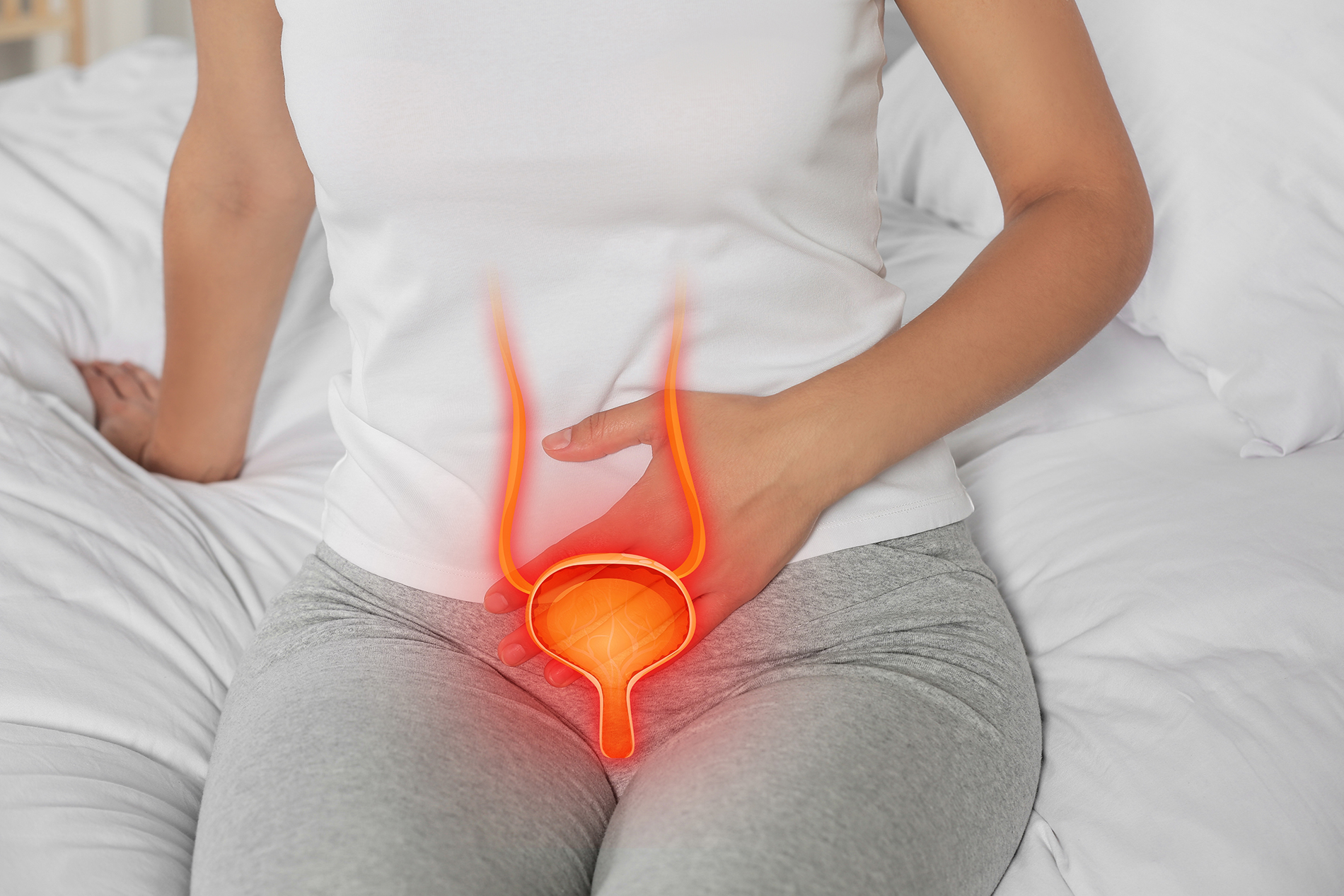Bringing a new life into the world is often a time of immense joy and fulfillment. For some, this period can also bring unexpected and challenging emotions, including depression. Postpartum depression (PPD) is a serious mental health condition that affects approximately 1 in 7 women after childbirth.
For some women, depression can begin during pregnancy, before the postpartum period.
What is Postpartum Depression?
Postpartum depression is a type of clinical depression that occurs after childbirth. Unlike the "baby blues," which affect up to 80% of new mothers and typically resolve within two weeks, PPD is more intense and longer-lasting. It can develop anytime within the first year after delivery, significantly impacting a mother's ability to care for her baby and herself.
Symptoms of Postpartum Depression
The symptoms of PPD can vary widely but often include:
- Persistent Sadness or Anxiety: Feeling overwhelmingly sad, hopeless, or anxious most of the time
- Loss of Interest: A lack of interest or pleasure in once enjoyable activities
- Fatigue: Severe and constant tiredness or a lack of energy that doesn't improve with rest
- Changes in Sleep and Appetite: Difficulty sleeping (insomnia) or sleeping too much, as well as changes in appetite, often leading to weight loss or gain
- Irritability or Anger: Increased irritability or anger, sometimes directed at the baby or partner
- Difficulty Bonding: Trouble forming an emotional attachment with the baby
- Feelings of Guilt or Worthlessness: Intense feelings of inadequacy, guilt, or worthlessness
- Thoughts of Harming Oneself or the Baby: In severe cases, thoughts of self-harm or harming the baby
Intrusive thoughts are also a common component of the postpartum period. These may not be thoughts of harming the baby but may include picturing the baby being harmed. These thoughts are often the result of changing hormones affecting neurotransmission in the brain. They can consist of the visualization of some harm coming to the baby, such as dropping the baby, which some mothers will even hear happening. Intrusive thoughts can be alarming to the mother and are difficult to admit; however, they are a prominent feature of perinatal mood and anxiety disorders.
Some women may experience anxiety as severely or in conjunction with depression. Obsessive-compulsive disorder is also very common in the postpartum period.
Causes and Risk Factors
The exact cause of PPD is not fully understood but may result from a combination of physical, emotional, and hormonal factors:
- Hormonal Changes: After childbirth, levels of estrogen and progesterone drop rapidly, which can trigger mood changes.
- History of Depression: A personal or family history of depression or other mental health conditions increases the risk. Unresolved mental health issues before pregnancy may increase in intensity during pregnancy and postpartum. Also, experiencing PPD increases a woman's chances of having it in future pregnancies.
- Stressful Life Events: Significant stressors such as financial problems, lack of support, or relationship issues can contribute.
- Complications in Childbirth: Difficult pregnancies or deliveries, as well as having a baby with health issues, can elevate the risk.
Treatment and Support
The good news is that postpartum depression is treatable, and many women recover fully with appropriate intervention. Treatment options include:
- Therapy: Cognitive-behavioral therapy (CBT) and interpersonal therapy (IPT) are effective in treating PPD by addressing negative thought patterns and improving communication skills.
- Medication: Antidepressants may be prescribed, especially for moderate to severe cases. It's important to discuss with a healthcare provider to ensure safety, particularly if breastfeeding.
- Support Groups: Connecting with other mothers experiencing PPD can provide invaluable emotional support and reduce feelings of isolation.
- Self-care: Prioritizing rest, nutrition, and gentle physical activity can help improve mood and overall well-being.
Kimberly Salyer, certified mental health nurse practitioner with Lexington Women's Care West Columbia, provides counseling and medication management services for pregnant and postpartum mothers. Each woman's individual needs are discussed on a case-by-case basis. Kimberly focuses on maternal mental health during pregnancy and up to one year postpartum. All OB/GYN practices at Lexington Medical Center can refer women to Kimberly for care, and women can also self-refer.
Breaking the Stigma
One of the biggest challenges in addressing postpartum depression is overcoming the stigma that surrounds it. Many women feel ashamed or guilty for struggling during what is supposed to be a joyful time. Education and open conversations about PPD are vital to encouraging women to seek help. There is no need for women to suffer alone.
Supporting a Loved One with PPD
If someone you know is experiencing postpartum depression, there are several ways you can offer support:
- Listen and Validate: Acknowledge their feelings without judgment and reassure them that seeking help is okay.
- Offer Practical Help: Assist with household tasks, baby care, or errands to alleviate some of their burden.
- Encourage Professional Help: Encourage them to speak with a healthcare provider or therapist.
- Be Patient: Recovery takes time, and your ongoing support can make a significant difference.

Kimberly Salyer, Certified Mental Health Nurse Practitioner, Lexington Women's Care West Columbia






Leave a comment